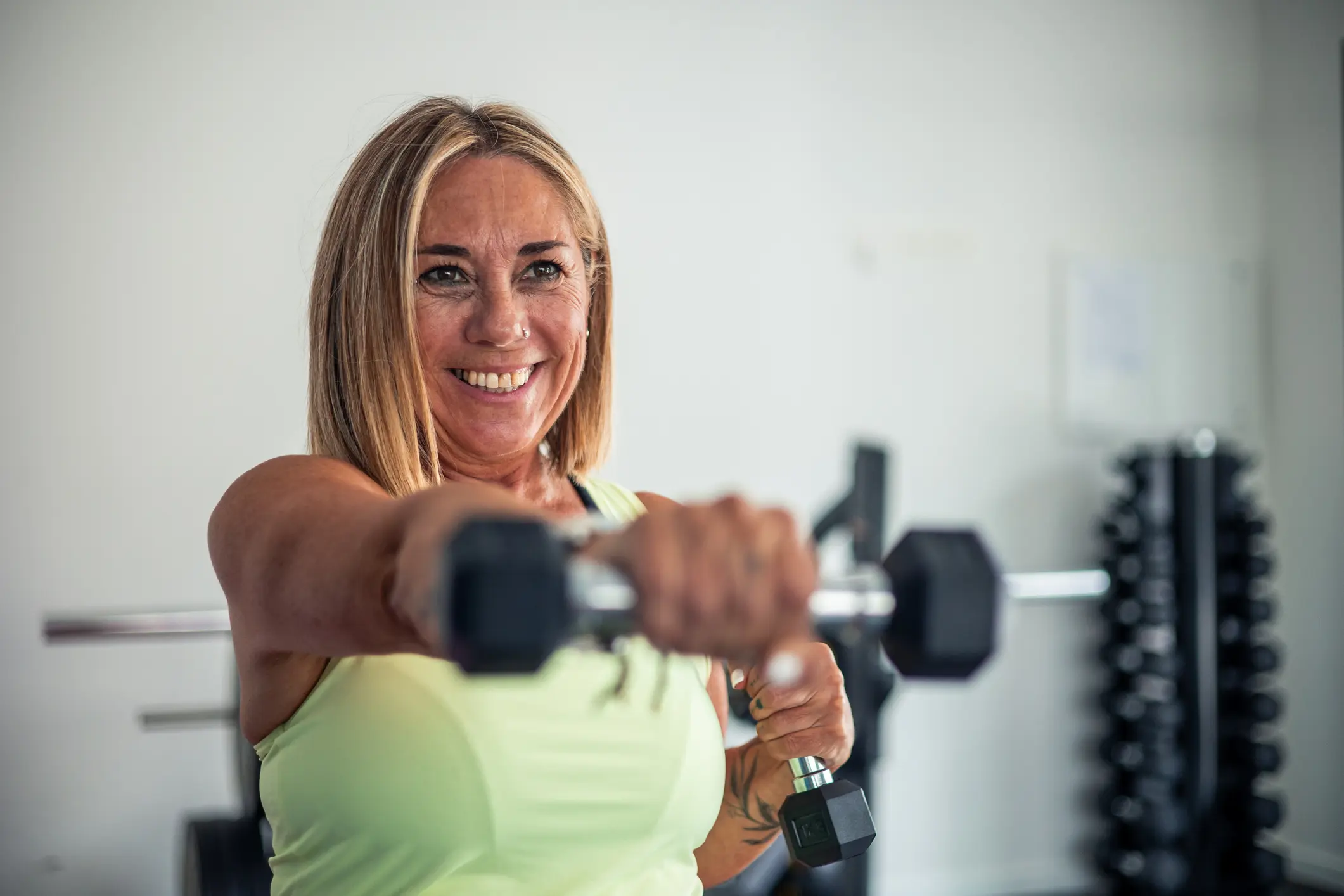
Published on Nov 19, 2020
Last modified on Mar 03, 2021
Caring for Aging Parents? One Long Emotional & Economic Rollercoaster for Women
4 min read

You feed her, you bathe her, you clothe her, and she does nothing but complain. You love her so much it hurts your heart, but she drives you crazy. This is life with your mother, or maybe your father, or maybe both.
An estimated 17.7 million Americans are caring for an elderly parent, and nearly two-thirds of those caretakers are women. And that burden is likely to increase: by 2030, dementia cases alone are expected to rise from 5.5 million to 8.4 million.
Of course, not everyone has living parents. Not everyone is on good terms with their parents. Not everyone has the resources to care for their parents. Whatever your parental status, that’s OK. If you’re relieved not to be going home for the holidays this year – that’s OK too. Above all else, remember to be kind to yourself and invest in whomever your chosen family is.
The stress toll
But for those of you that are care-taking, it’s mega, mega stressful. It’s not just the volume of work, it’s how women approach it.

Research shows that men and women take on the role of caregiving significantly differently. Men tend to treat it like a job: a set of tasks to complete. Not only do they strive to minimize disruption to their lives, they’re more emotionally distant to the care work. On the other hand, women demonstrate more emotional investment in the people we care for, resulting in greater social & lifestyle sacrifices. We’re also less likely to ask for help (remember: asking for help is a good and valuable thing).
Culture plays a role too – a 2014 study of mostly Latinx caretakers showed women taking on the lion’s share of care partly because it’s an extension of their identity.
The stress isn’t all in your head; it’s deep in your tissues. Studies show that caretakers of elders have higher levels of cortisol, a tendency towards more chronic inflammation, impaired immune system, worse cognitive performance, even a shortened life span. Take this Japanese study, which revealed caring for elders impacts women’s lifestyle negatively and causes psychological distress. Research aside, there is something deeply ironic about facing aging parents all the while navigating personal feelings about menopause & aging.
The financial toll
As if the stress isn’t bad enough, consider the financial implications – and they’re a doozy. Caring for an aging relative can cost $7,000 a year, maybe more. Pile on the invisible cost of lost wages and women are taking a big financial hit. According to a 2014 Alzheimer’s Association report, women are 7x more likely to reduce their hours of paid work than men. The average 50-year-old who leaves the workforce to care for an aging parent will lose more than $324,000 in income and retirement savings. Ouch.
And then there’s COVID
Since summer 2020, 865,000 women in the US have dropped out of the workforce, compared with 216,000 men, according to the National Women’s Law Center analysis. A quarter of those still employed are considering reducing hours, taking a leave of absence, or quitting altogether to care for family members, including elder relatives.
Whether your parent is at home with you or in a nursing home, protecting your parents from a dangerous virus in a very stressful environment is difficult for even the strongest amongst us. There are no easy options in this situation. Just know we salute you.
So what can you do?
Big picture, we need a culture shift. We need more systemic support. Thankfully, 40 states passed the CARE act, which requires hospitals to register caregivers when elderly people are discharged, and provide instruction for necessary medical tasks. But new regulation doesn’t translate to day-to-day relief for YOU. They may seem simple, but here are three critical steps you can take today to lighten the mental load:
- First, notice when you’re feeling overwhelmed. This is a perfectly reasonable response to your situation. Of course you’re overwhelmed. Of course! But naming that feeling out loud and noticing how it feels in your body (Where? What are the sensations?) can provide a powerful release of tension.
- Take time for yourself. Yes, that’s easier said than done. Consider this your permission slip to be selfish and greedy every now and then. Be opportunistic about grabbing those moments of alone time and savor them. Actually write them into your day planner, if you keep one.
- Ask for help. This is absolutely critical. Caregivers are notoriously bad at asking for help. Does needing help reflect on how good of a caregiver you are? Absolutely not! Everyone needs help sometime. And guess what? There are people around you who actually want to help. They just need direction. Be very specific about what you need: from time to yourself, to financial support, to skills-building programs , there are resources to help you out.
Need more tips beyond the above? Reach out to our team at [email protected]. We’re here for you.
WHAT WE’RE READING
Praise be: FDA finally offers guidelines for diversity in clinical trials. 38 year old Spanish woman gives birth after premature menopause using…bone marrow stem cells! Please don’t stop honoring our (mostly female) healthcare workers. All hail Dolly Parton: America’s sweetheart and Covid vaccine savior?! Disheartening news: 2020 recession hitting women hardest.


